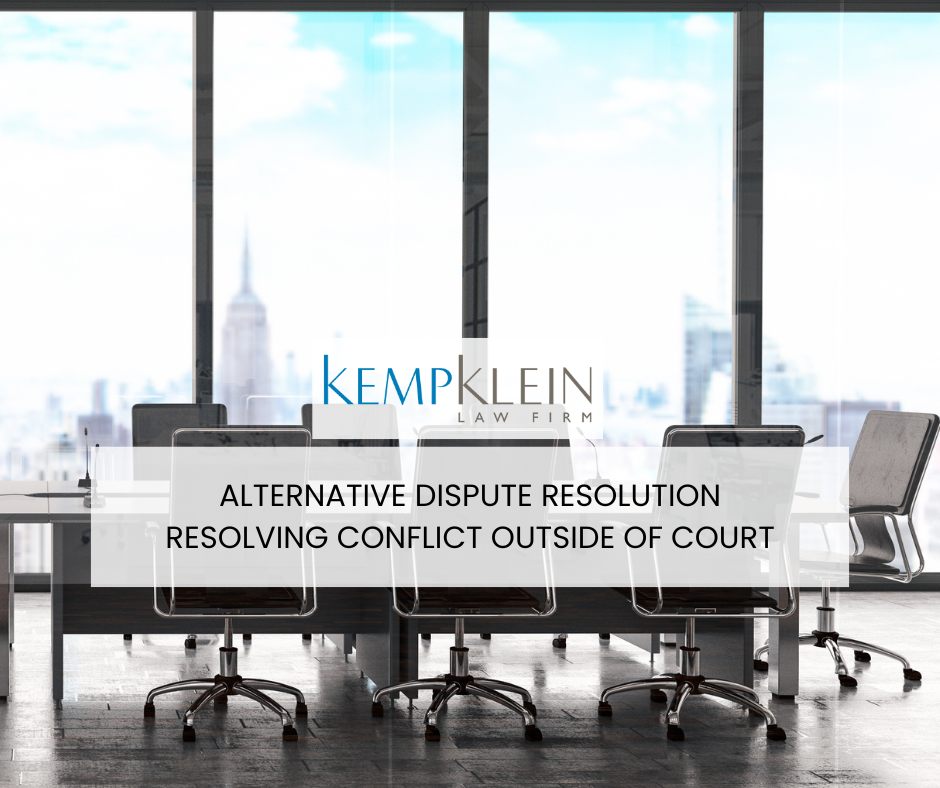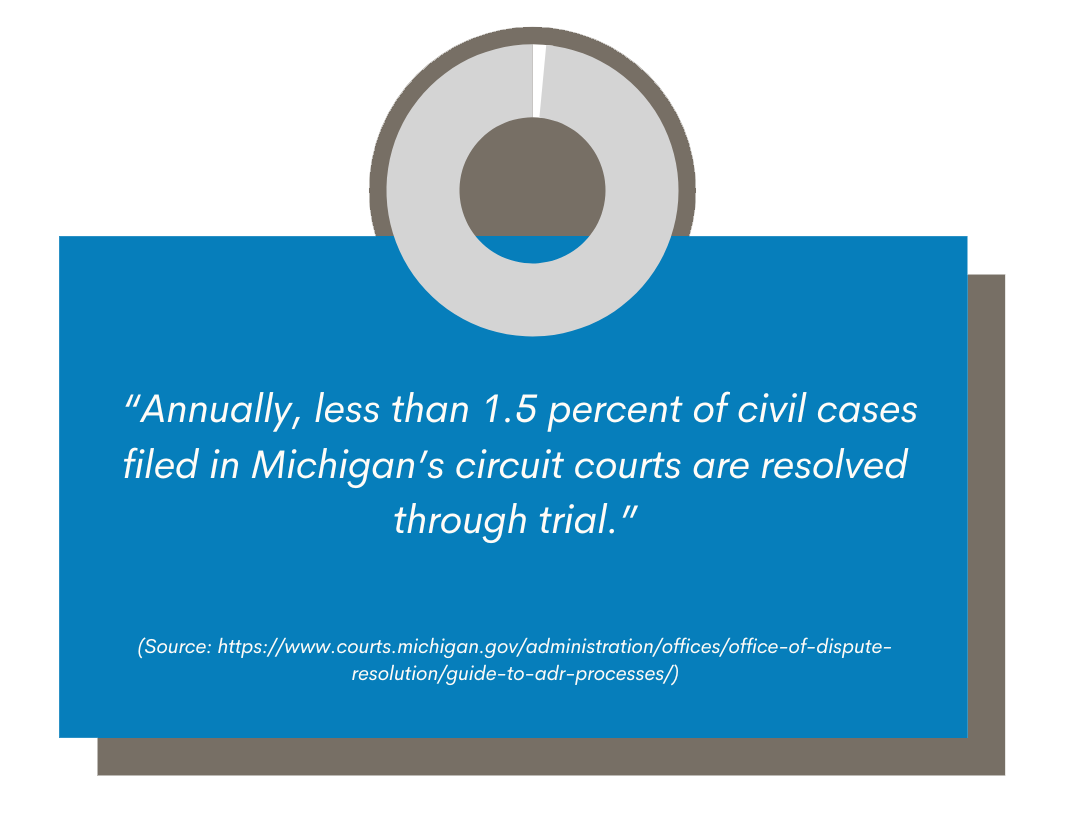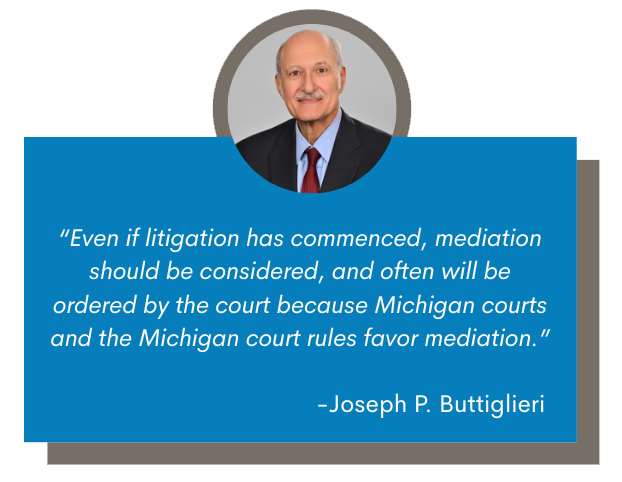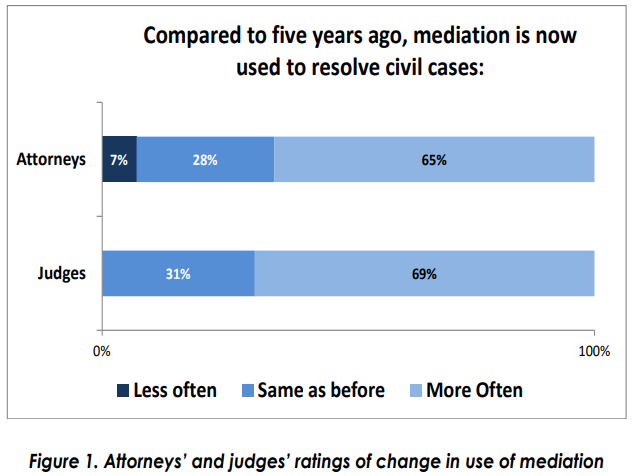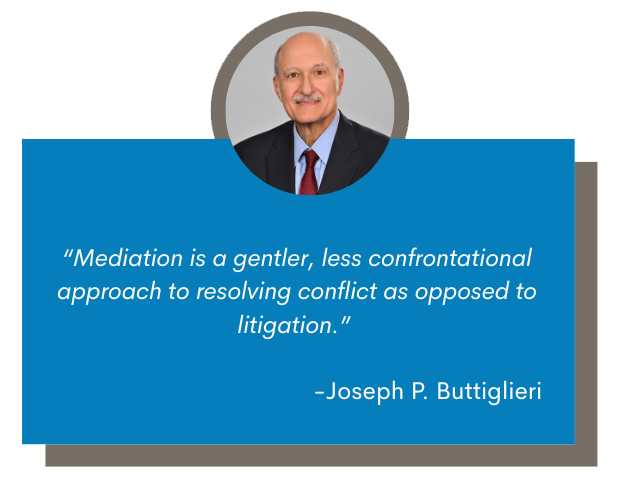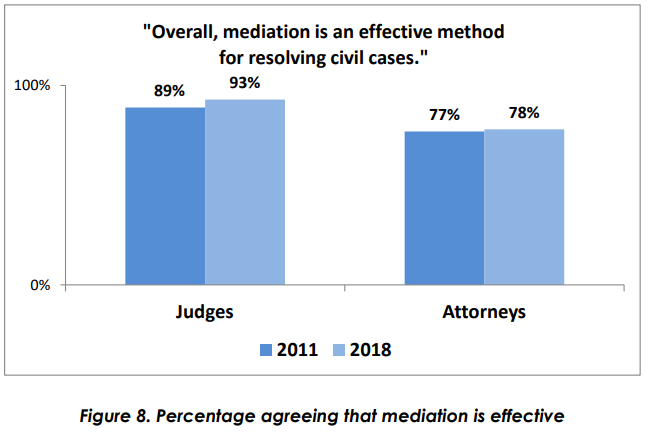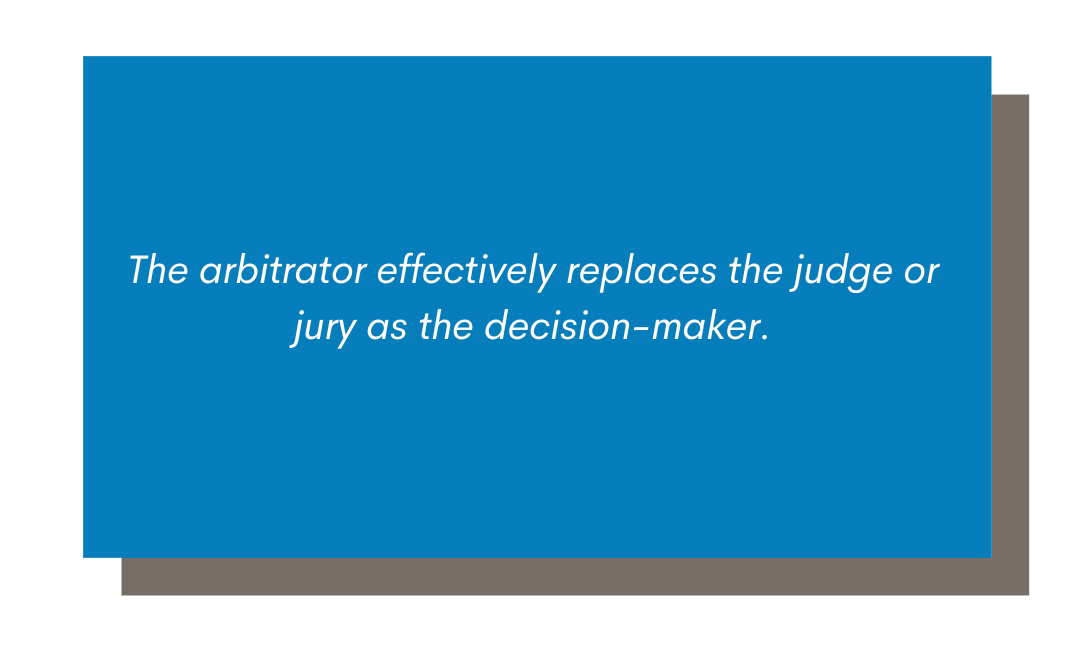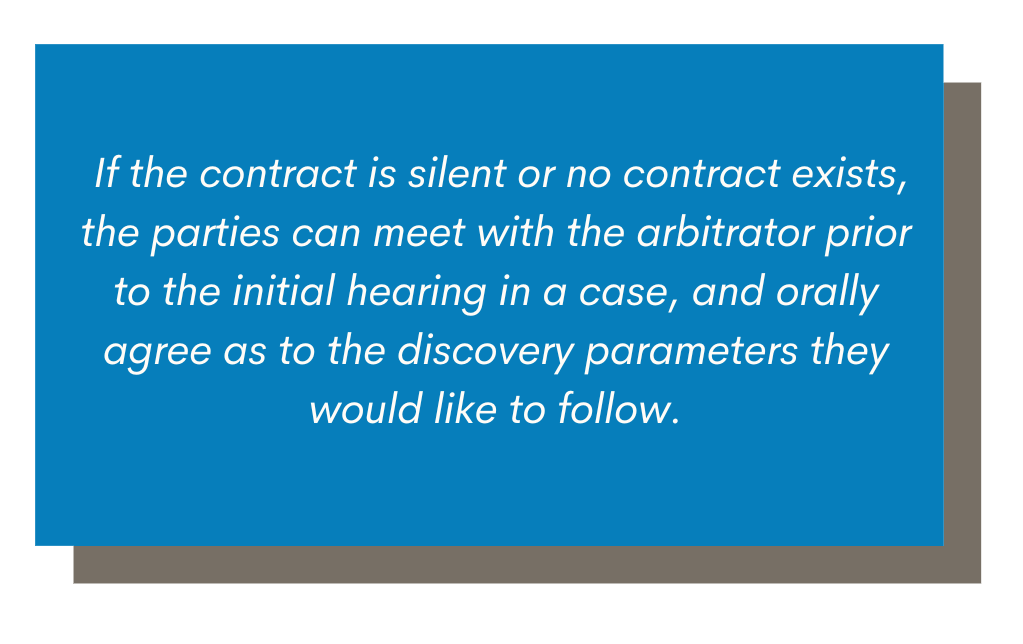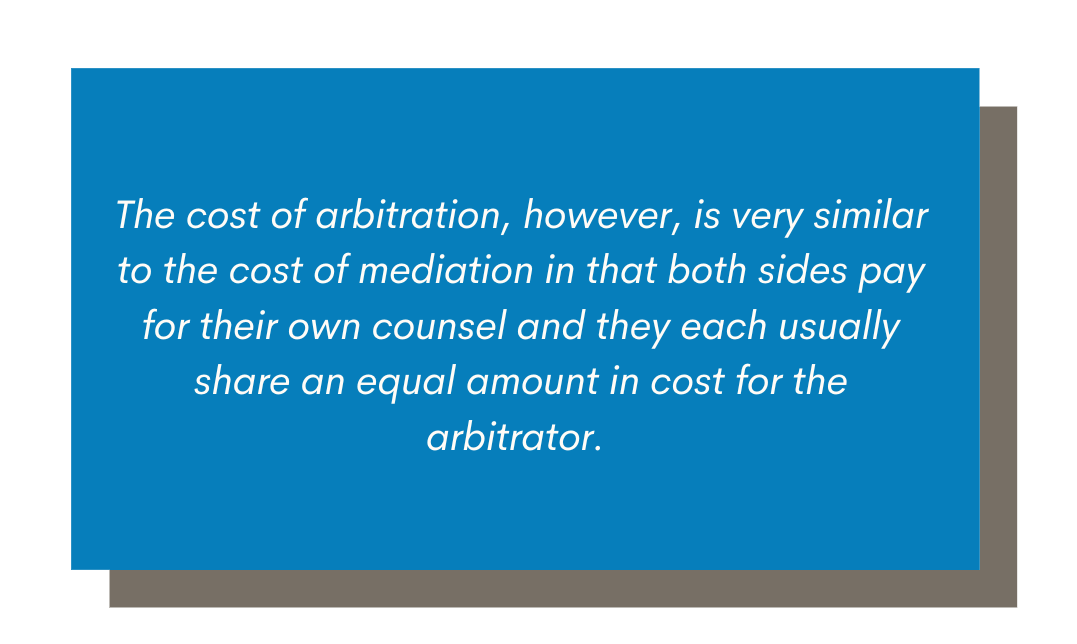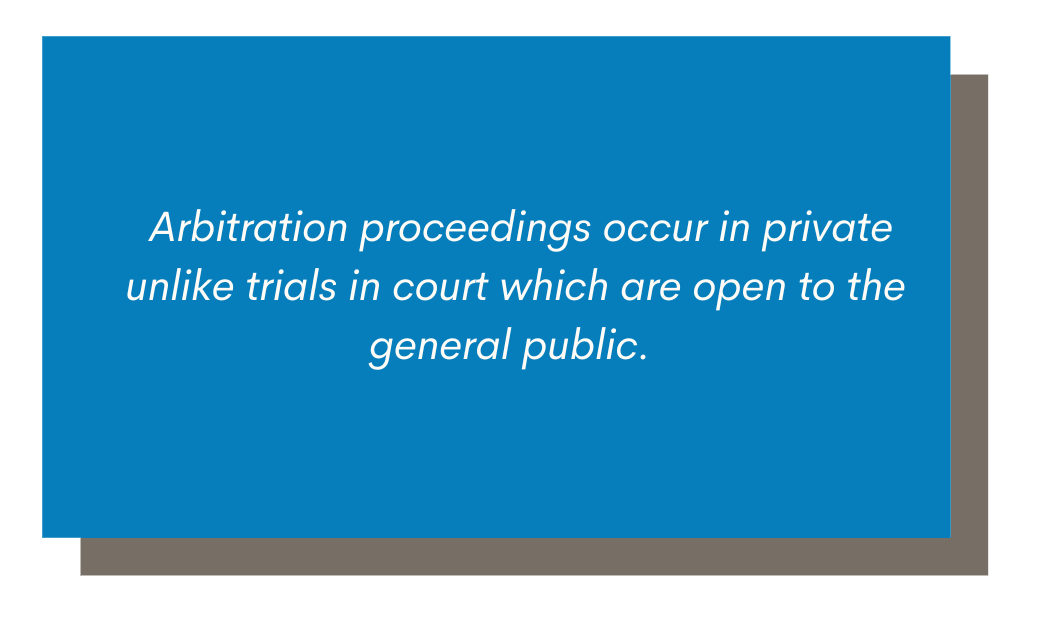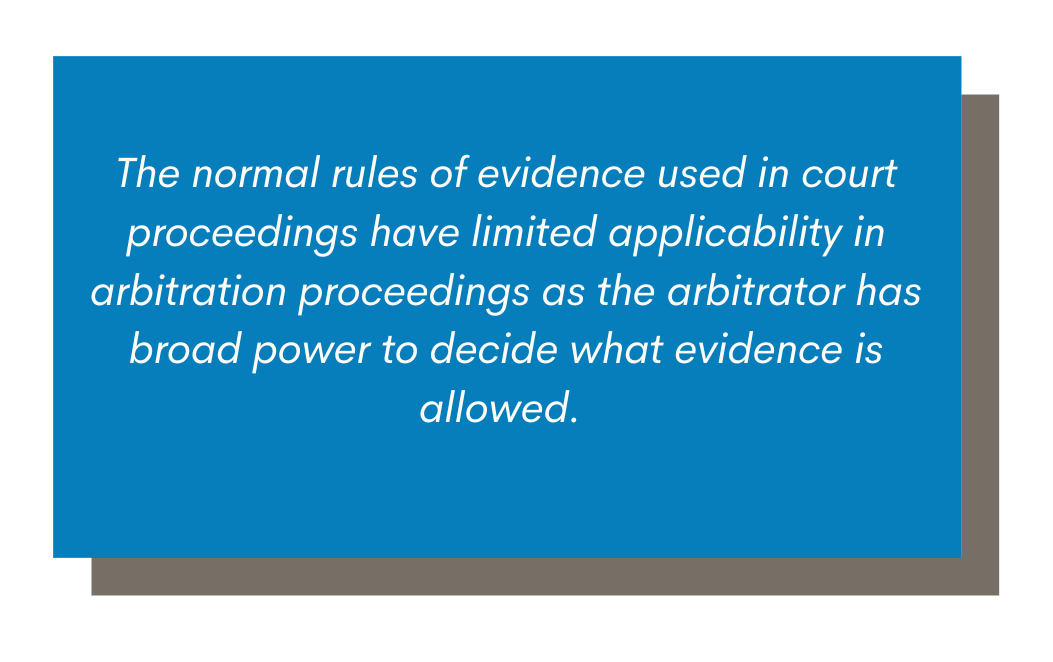
A Message from Brian H. Rolfe
The past few months have reminded me of what a wonderful group of people we have that work at and are associated with Kemp Klein. Our first charity golf outing was a resounding success with special thanks and gratitude to our clients, friends, and vendors as well as hardworking Kemp Klein team members. In addition to their efforts at the golf outing, our attorneys and staff have been out in the community doing a variety of interesting and impactful things. Whether they’re donating meals, writing books, supporting a national stage production, or winning top awards, these folks make us all proud to be part of the Kemp Klein team.


